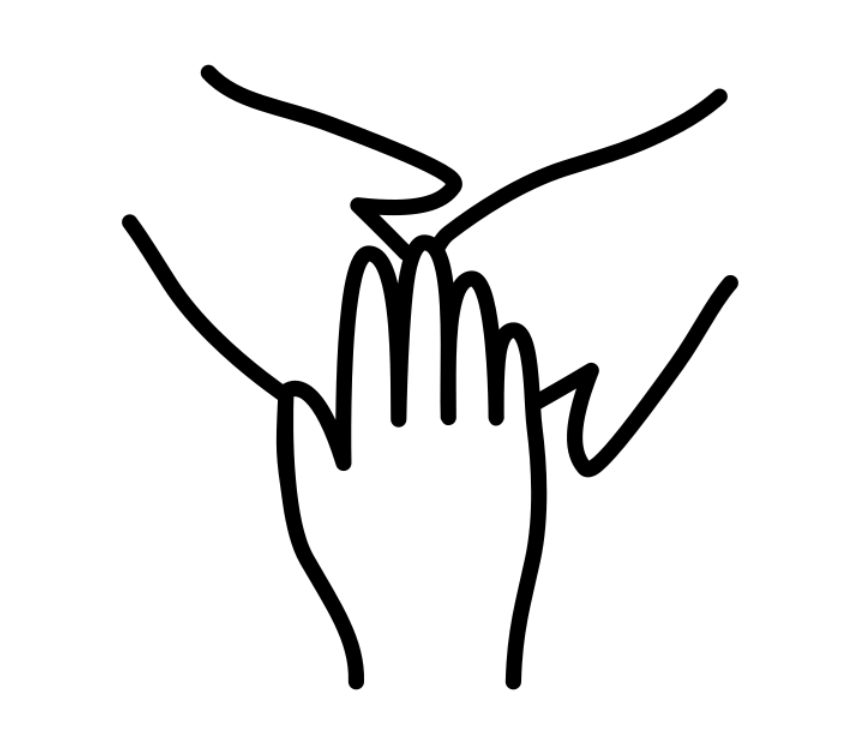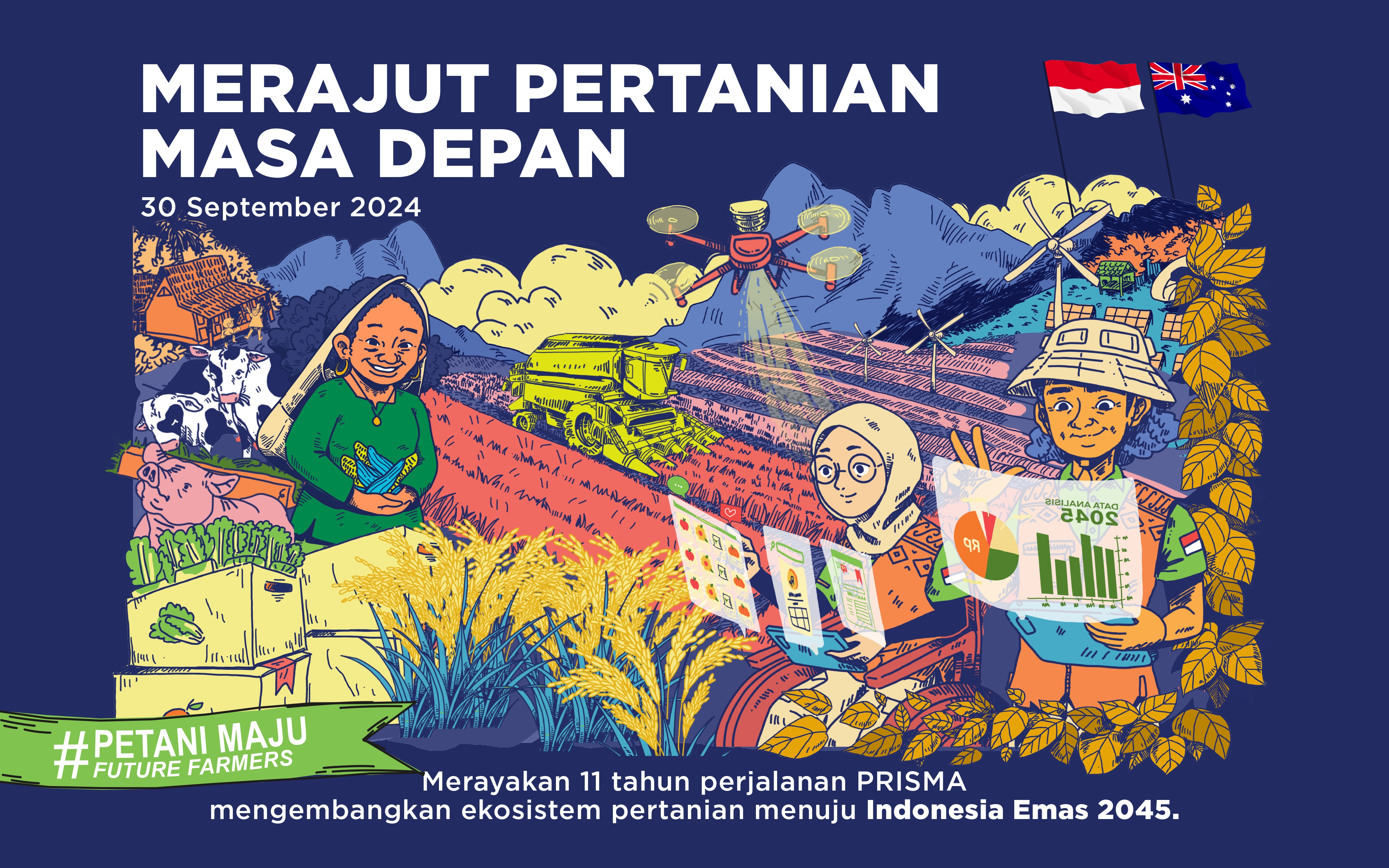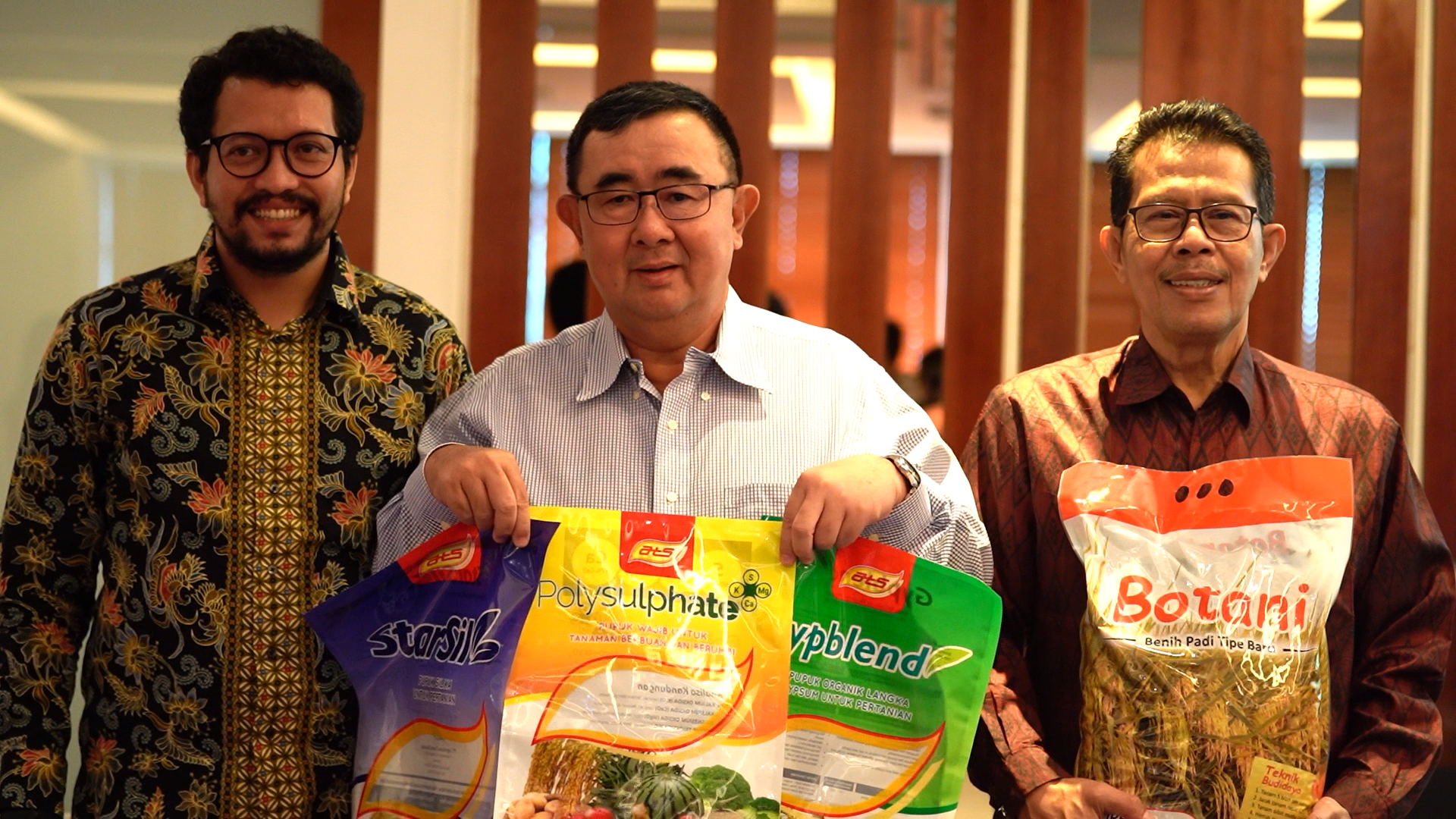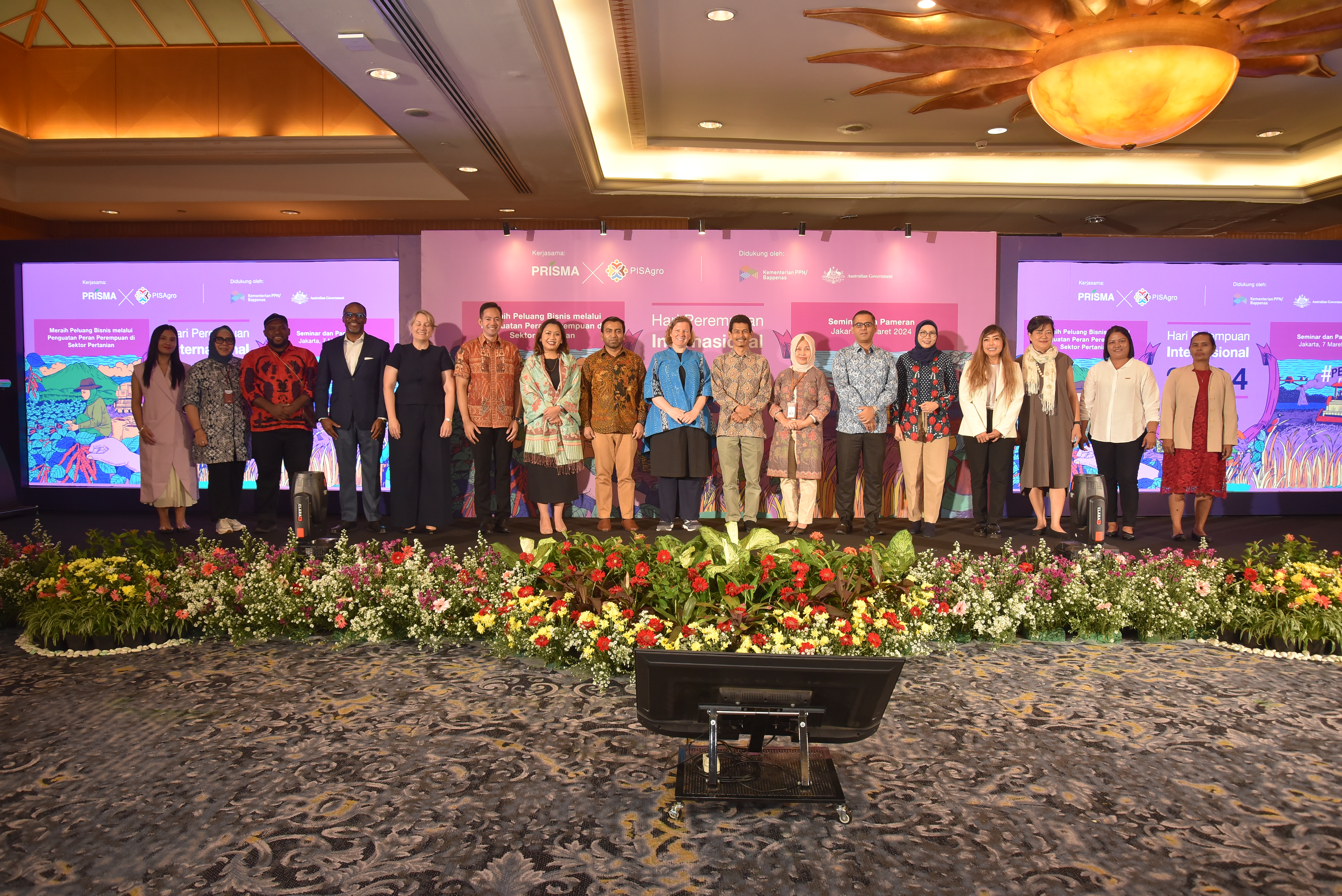On Tuesday, 21 May, PRISMA hosted a Petani Maju (Future Farmer) event focused on "Disability Inclusion in Agribusiness: From Awareness to Action." During the event, agribusinesses and people with disabilities had the opportunity to share best practices to reach more farmers with a disability with products, services, and innovations that can increase incomes.
Petani Maju is a PRISMA campaign to support productive farmers and strong communities. Farmers with a disability can miss out as consumers on products and services that could improve productivity. The campaign supports agribusinesses in bridging this gap by researching and targeting different customer segments.
The workshop, facilitated by Pusat Rehabilitasi YAKKUM, a humanitarian organisation advocating for the rights of people with disabilities, drew participation from a wide group of agribusinesses, including animal feed and fertiliser companies, farmers with disabilities, and organisations for people with disabilities (OPD).
Pak Eko Harsono, Project Manager of PR YAKKUM, emphasised the community's desire for actionable steps guided by their input, following the principle of "nothing about us without us."
PRISMA Team Leader, Mohasin Kabir shared how critical the issue is:
“The importance of integrating disability inclusion in the agricultural sector cannot be overstated, especially considering that close to 50 per cent of persons with disabilities rely on agriculture for their livelihood.”
A set of guidelines developed with the community
At the workshop, agribusinesses were guided through a step-by-step process to involve farmers with disabilities. This process included gathering data on disability rates in an area and organizing in-person activities for educating and marketing to farmers, with a focus on making sure farmers with disabilities were invited and could take part.
This process is outlined in the Accessibility Guidelines created specifically for agribusinesses by PRISMA and PR YAKKUM, with input from farmers with disabilities.
The event also highlighted the important role of OPDs in breaking down barriers and connecting agribusinesses with farmers who have disabilities. OPDs have existing relationships with farmers with disabilities and can help connect companies with these farmers in a meaningful way.
Bapak Nugroho, one of the panellists from the Association of People with Disabilities in Klaten (PPDK), said:
“We need to shift the common paradigm that people with disabilities are beneficiaries of assistance, but to see them as the subject of development who have the equal right to fully participate. Involving disability community in the agribusiness chain can support this paradigm shift.”
As the population ages, more farmers are facing disabilities such as vision, hearing, and mobility impairments. Thirty-nine percent of farmers over 55 encounter these challenges. Understanding farmers’ perspectives will become increasingly critical.
Disabilities cover a wide range of challenges. When understood and accommodated, these challenges can unlock the potential of farmers, providing an opportunity for businesses to innovate, expand, and make a social impact.

























